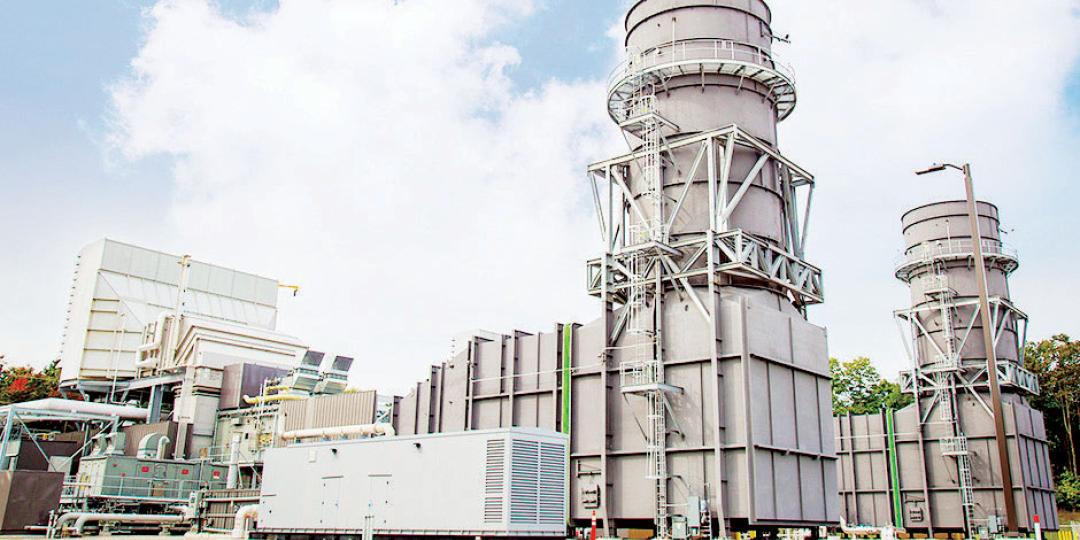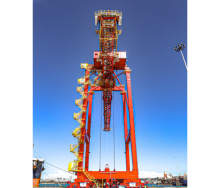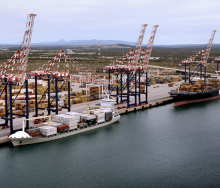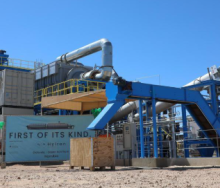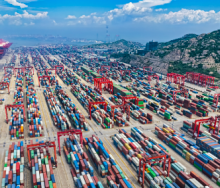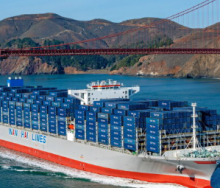Malawi has committed itself to structurally transforming its economy from predominantly agriculture to more industrialisation and exports.
Announcing the shift to transform the economy, the Director of Administration, Ministry of Trade and Industry (MoTI), Swhiwe Mauwa, told a validation meeting in the capital Lilongwe that the move was in line with the National Industrial Policy (NIP) objectives of the Malawi 2063 Agenda.
The Lilongwe meeting was held in collaboration with the Economic Commission for Africa Sub-regional Office for Southern Africa (ECA SRO-SA) which seeks to promote the economies of the southern African region.
Said Mauwa: “Industrialisation will transform Malawi’s economy. Historically the country has been a predominantly consuming and importing country and now aims to be a predominantly producing and exporting country, thereby reducing the overriding trade deficit.” Malawi’s trade deficit is 50% of Gross Domestic Product (GDP).
ECA SRO-SA supported the development of the new NIP which is aligned to the Southern African Development Community (SADC), the Common Market for Eastern and Southern Africa (Comesa) Industrialisation Strategies and the Malawi 2063 Agenda.
The purpose of the validation meeting was to provide an opportunity for stakeholders to discuss, validate and suggest changes to the draft policy document.
Olayinka Bandele, who spoke on behalf of the ECA SRO-SA , said: “This important step Malawi is taking is vital as it plays a pivotal role in driving economic growth, promoting diversification, generating employment, adding value to exports, fostering technology transfer and innovation, facilitating regional integration, advancing sustainable development, and improving social welfare.”
She emphasised the need for Malawi to diversify its economy away from over-dependence on agriculture, which makes the country vulnerable to external shocks. Industrialisation has the potential to create employment opportunities, alleviate poverty and improve livelihoods. Furthermore, value addition to raw materials through industrialisation enhances market competitiveness and export earnings. Technological advancements and innovation fostered by industrial development led to productivity gains and global competitiveness, she added.
The highlight of the event was the presentation of the draft policy document by ECA consultant Dr Christopher Guta who shared broad policy directions, which included: policy goals, outcomes, objectives, guiding principles and intervention areas. The proposed seven priority areas for policy action and reform include among others: increasing productive capacities in manufacturing, agriculture and services, greening industrialisation, value addition and deepening value chains as key to Malawi’s industrial development.
The policy document, with delivery timelines, will be with the Malawi government following its finalisation in June this year.

Attendees at this week’s meeting to announce the move to wean Malawi’s economy off agriculture and focus on manufacturing and exports earlier this week.
